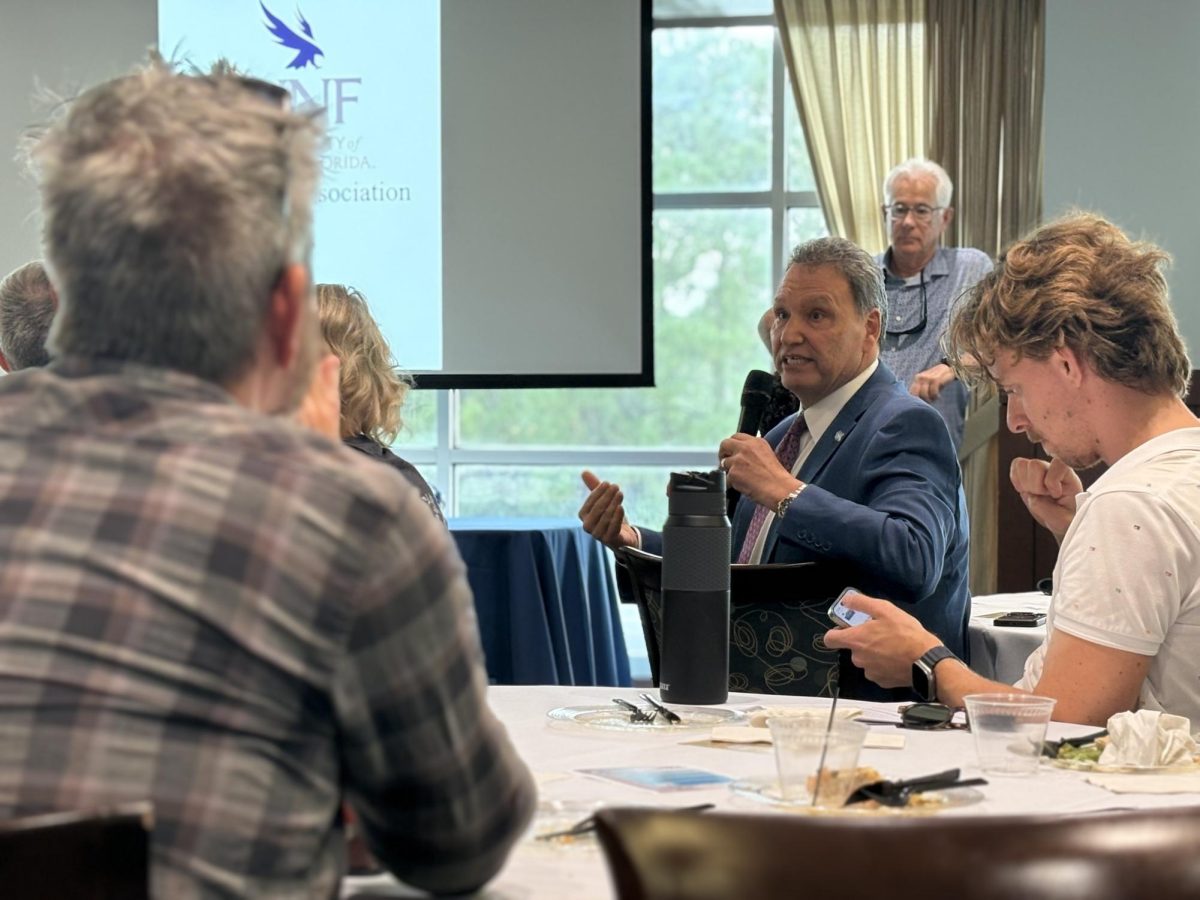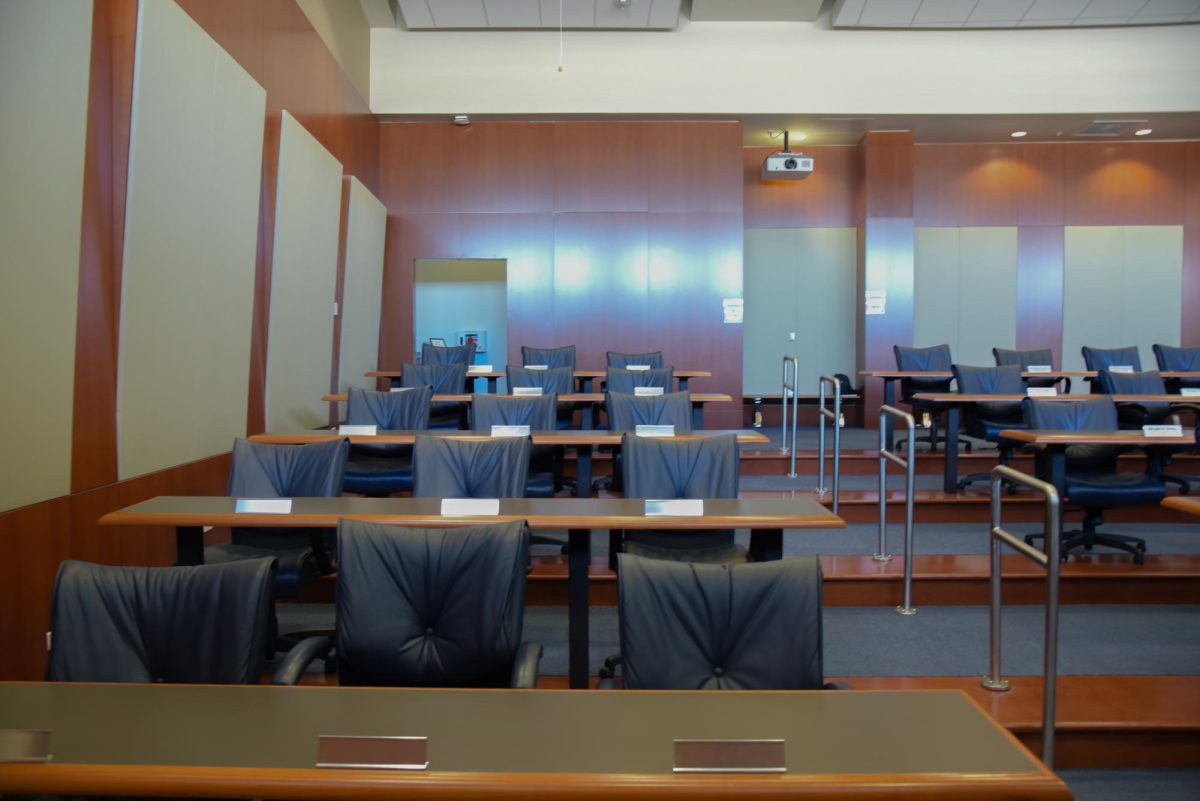When a student violates university policy, several members of the UNF community get involved in the process of dealing with the student.
The Division of Student Affairs, the Student Conduct office and UPD all cooperate together to ensure the community’s welfare and proper functioning.
“[The sanctioning process] is predominantly a learning opportunity where students get a chance to reflect on their conduct and evaluate how it relates to the UNF Mission Statement and the UNF Institutional Goal,” said Lindsay Bryant, associate director of Student Life.
UNF’s jurisdiction covers the conduct of any student or student organization including UNF Housing on all campus premises, according to UNF policies and regulations.
However, the university reserves the right to impose sanctions – regardless of location – on any student whose conduct could possibly influence the welfare of the UNF community.
The report of violation can come from any office on campus.
Because alcohol and drug related violations are most the frequent violations on campus, UPD is the main source of reports for Student Conduct, Bryant said.
“The officers must take action on any drug and alcohol related violation and decide among a couple of options as to how to treat the student,” UPD Chief Mark Foxworth said.
The treatment options vary on a variety of circumstances, he said.
“Factors that play a role include the student’s previous record, seriousness of the charge or whether the student was cooperative at the time of arrest,” Foxworth said. “They can then either report the student to criminal prosecution or to the conduct office.”
Once the charged students are in the hands of the conduct office, they have several options regarding further treatment.
“Students are acknowledged of their right to choose between a panel hearing that consists of faculty, staff and two students or an administrative hearing that is conducted by [Bryant],” Bryant said.
All members serving on the conduct board go through training in order to ensure educated discussion about the rights and responsibilities of the students. Ultimately, a verdict of “responsible” or “not responsible” is reached.
In addition to this option, students may come in with their adviser, who may talk to them but not for them.
“It is someone who can make them comfortable, such as their lawyer or a parent but cannot represent them in the same sense as in criminal processes,” Bryant said.
After the verdict, resistance from the side of students or parents is not a usual reaction, Bryant said.
“Parents are often very concerned over conduct matters but have never challenged an appeal through the court system. Everyone seems to come to realize that as the university, it is our role to ensure appropriate conduct,” said Dr. Mauricio Gonzalez, vice president of student affairs and international affairs.
Seven out of 212 students charged were expelled from the university during the Spring 2008 semester.
The process of expulsion involves the conduct office and the assistant vice president of Student Affairs, Dr. Lucy Croft.
“It is extremely rare that we have had to resort to expulsion,” Gonzalez said. “It is our hope that a student learns from expulsion, however, this most serious measure first and foremost is to protect our university community.”
Students can present their case to Student Affairs, but the decision of the vice president cannot be appealed, Bryant said.
Less serious sanctions result in any combination of community service, an educational paper, conducting an interview with a faculty member or written reprimand.
“There are guidelines about the types of sanctions issued in various cases; each case is different and considered on individual basis considering the circumstances, amount of people involved, type of violation and prior record,” Bryant said.
Ultimately, knowing one’s own individual rights and responsibilities within the UNF community can help students “succeed in their educational journeys at UNF,” Gonzalez said.
E-mail Andrea Farah at news@unfspinnaker.com.











